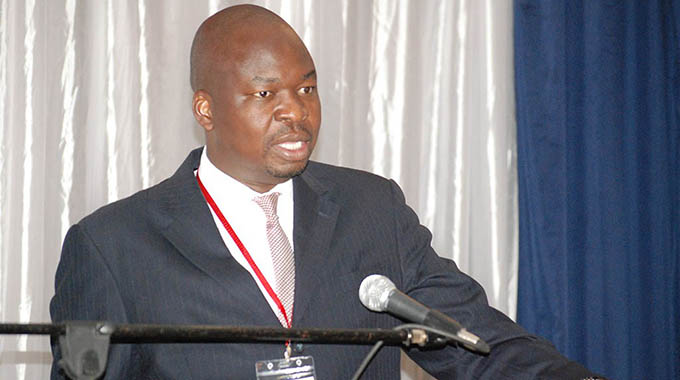Editorial Comment : E-recruitment of nurses will bring fairness

For years corruption and poor governance had become the bane of the health sector that was once the envy of Southern Africa.
Shortages of equipment and essential drugs, under-staffing, low morale of health workers in some of the country’s major public hospitals and corruption in the recruitment of trainee nurses, further compounded the situation, throwing the health sector into abyss.
While shortages could easily be addressed, recruitment of nurses became a moral issue that needed to be urgently looked into to address compliance challenges and save lives.
However, the challenges associated with the corrupt recruitment of trainee nurses continued unabated with the assistance of some corrupt officials within health institutions, putting a huge taint on a system that was already being weighed down with a lot of challenges.
The shenanigans got so bad that the Zimbabwe Anti-Corruption Commission officials last year had to be heavily-involved in the recruitment of student nurses intake at Chitungwiza Central, Mpilo, Parirenyatwa and Harare Central hospitals.
So bad were the nefarious activities that officials from the anti-graft body oversaw the whole process from opening of application letters to short-listing of prospective students.
This was meant to stop reported corruption in recruitment of students, while trying to rehabilitate the whole system
During the same period, one of Harare Central Hospital principal tutors was alleged to have pocketed more than $300 000 in a nurse trainee recruitment scandal that left one of Zimbabwe’s biggest health referral centres with two distinct sets of selected students for the May and September 2019 intakes.
Dreams of a better future went up in smoke, after it turned out that not everyone who had received acceptance letters could be accommodated at the health institution that only had 100 placements.
It is against such a background that the nation welcomes the decision by Government to recruit nurses through online application, which will be administered by the Ministry of Health and Child Care.
Aspiring nurses who could not get an opportunity to be considered previously can now go online to tender their application in a process that will diligently shortlist suitable candidates for interviews.
We believe the online platform should rid the recruitment of nurses from corrupt activities that were greatly disadvantaging deserving and talented trainee nurses, who sadly could not grease the huge palms of greedy and corrupt officials.
It is enlightening to note that we are slowly joining other nations in online platforms as the globe embraces information communication technologies in various fields.
Already there is consensus that information communication technologies have the potential to significantly contribute in the fight against corruption.
By creating online platforms that facilitate the flow of information between Government institutions and the citizenry, new technologies can promote transparency, accountability and civic participation.
Previously it was easy for corrupt officials to give places to their kith and kin at the expense of deserving training nurses because there were no mechanisms to detect corruption to trace how many application letters were received on one particular institution.
Although there was a standardised selection criteria, it was open to manipulation since the selection was done by a small cohort of interested parties, who were not accountable to anyone beyond the institution.
In the event that an anomaly was discovered in-house, no proper actions were taken to sanction those involved in corrupt activities, save for a few cases.
Coming from such a shady past, any model put in place to rid society of corruption, such as the e-recruitment of nurses should be supported at all costs. However, like any other new programme, e-recruitment may be fraught with challenges, with the issue of cost of data being the major impediment.
Access to internet and network challenges are likely to affect aspiring trainee nurses in rural and other outlying areas. In light of the above, the health ministry might need to set up mobile internet cafés and internet rooms at district hospitals across the country, to ensure equal access during the e-recruitment period.









Comments